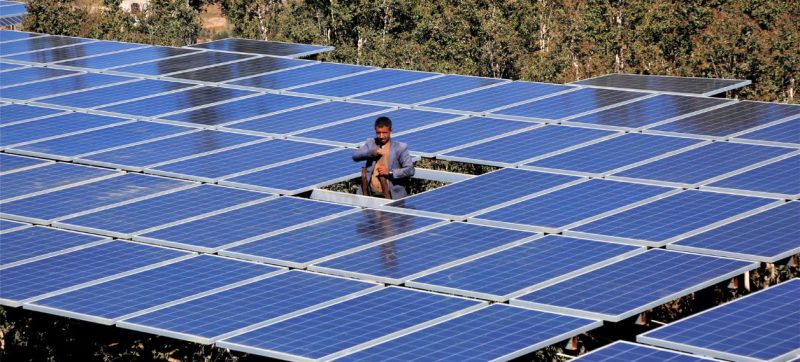Yemen, the least electrified country in the Middle East, is witnessing a ray of hope through solar power. For years, millions of citizens have endured long blackouts, fuel shortages, and the high costs of electricity. Now, a new project near Aden is beginning to change that reality.
The Aden Solar Power Plant, which started operations this year, is one of the largest renewable energy projects in Yemen’s history. Built to generate up to 120 megawatts, it is expected to supply electricity to thousands of homes and businesses. For communities used to relying on expensive diesel generators, the arrival of solar power marks a turning point.
Energy access in Yemen has been among the lowest in the region. Conflict, damaged infrastructure, and a reliance on imported fuel have deepened the crisis. In many areas, families spend weeks without electricity, limiting their ability to study, work, or store food safely. The launch of the new solar plant offers a reliable and sustainable alternative to traditional power sources. Similar challenges with infrastructure have been seen elsewhere, such as the Indonesian school collapse where dozens were feared trapped, showing how fragile systems affect communities worldwide.
Officials and engineers working on the project describe it as a critical step toward energy independence. Unlike diesel generators, solar power does not rely on costly fuel imports. This reduces both household expenses and the financial burden on the government. It also helps protect the environment by cutting harmful emissions linked to fossil fuels.
For ordinary Yemenis, the impact is already visible. Residents in Aden report that they are able to run appliances more regularly, keep their homes lit at night, and reduce the daily stress caused by power cuts. Small businesses are also benefiting, with more consistent energy allowing them to keep shops open longer and serve more customers.
Experts believe that expanding solar power across Yemen could gradually improve the country’s economic outlook. By reducing dependency on fuel imports, Yemen can redirect resources toward rebuilding infrastructure and supporting social services. In addition, renewable energy projects create local jobs, from installation to maintenance, offering new opportunities in a country where unemployment remains high.
Yemen’s adoption of solar energy reflects a broader trend in the Middle East, where countries are increasingly turning to renewable sources. While nations like the UAE and Saudi Arabia are investing heavily in clean energy, Yemen’s progress shows that even in challenging circumstances, solar power can play a vital role.
The Aden Solar Power Plant is more than just an infrastructure project. It is a symbol of resilience for a nation facing years of hardship. For many, it represents hope that with clean energy, Yemen can slowly build a brighter, more stable future.







